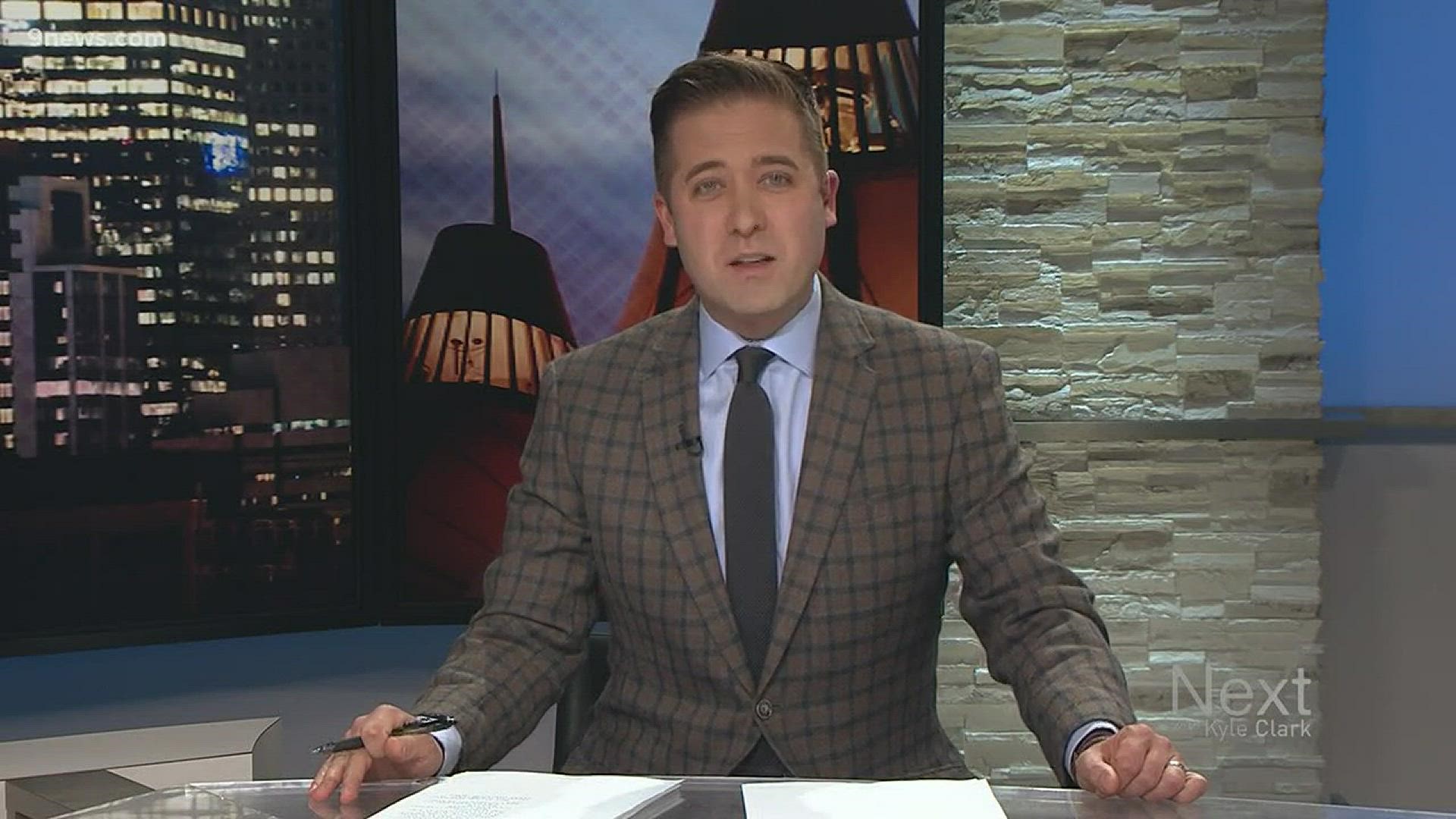DENVER — How many of you who live near the A Line in Denver overslept Friday morning because the train horns didn't wake you?
Quiet zones started in Denver on Friday. (Sorry, Aurora. Your two A Line crossings don't get quiet zones yet. The request to the Federal Railroad Administration cannot be approved until the federal regulators are satisfied with additional testing.)
We took a sound meter to an Aurora crossing to compare the decibel levels to that of a Denver crossing without the train horns, and the difference is noticeable.
At the Sable Boulevard and Smith Road crossing, we recorded a decibel level in the high 80s, and a peak of 90 from across the street from where the A Line travels.
At the Steele Street crossing in Denver, the decibels barely moved from the mid-60s already being recorded from regular traffic sounds.
So, how do train operators know not to sound the horns in Denver anymore?
According to Denver Transit Partners, the group that runs the A Line for RTD, a one-page summary was created to let train operators know the new rules.
According to DTP spokeswoman Nadia Garas:
- DTP had meetings with all train operators starting one week ago, to go over the changes and make sure they understood them.
- DTP then issued a Bulletin order yesterday, which goes out to all operators.
- DTP also issued a General Order yesterday with the rule change.
- All operators had the changes in their possession prior to starting their shift today.
- Finally, between the hours 2 and 3 a.m. (Friday) morning, a crew went out and updated the whistle restriction boards (signs) at each crossing.
While at the Steele Street crossing not hearing train horn noise, we noticed flaggers were back. Next with Kyle Clark viewers had noticed, too.
According to RTD spokespeople, the flaggers are a precaution because of software issues causing the gates to stay down a little longer at four crossings.
Those crossings are:
- Steele Street
- Dahlia Street
- Holly Street
- Monaco Parkway
"Any time you see a flagger should not indicate there is a serious concern," said an RTD spokeswoman.
She also said there is no indication that the return of the flaggers will impact the federal waiver that allowed the quiet zones to be requested.
The quiet zones also apply to freight trains.
According to Union Pacific, train operators will get the quiet zone notice in their paperwork when they start their shift.
However, train horns can still be sounded at the operator's discretion, mainly for safety reasons, such a car or pedestrian on or near the rail line.
PREVIOUS COVERAGE:

